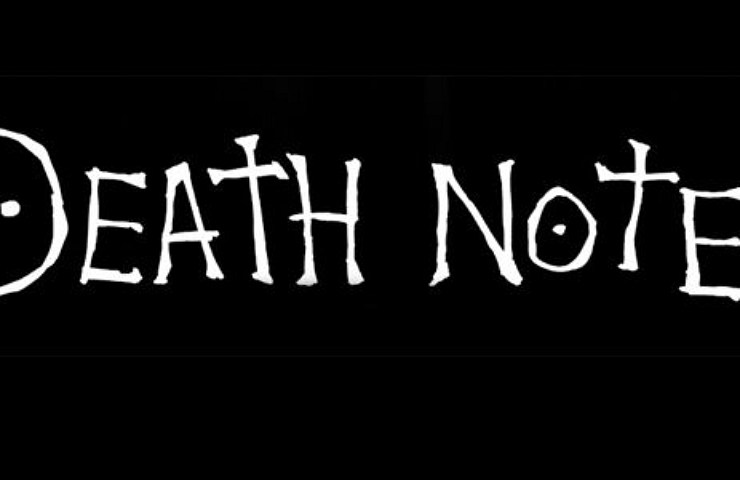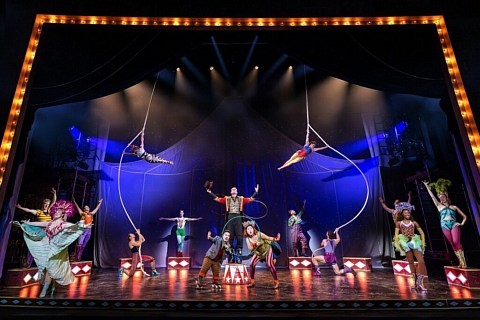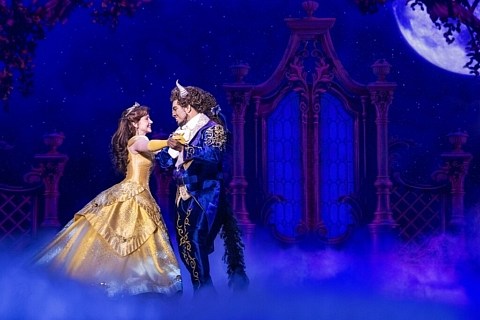Last week Netflix released the trailer for their Adam-Wingard-directed adaptation of “Death Note.” Almost immediately they found themselves again facing accusations of Whitewashing over their casting of Natt Wolff as the lead character, Light.
The controversy technically started back in 2015. American-Asian actor Edward Zo posted on instagram saying that directors of the film turned him down specifically because of his race. Now, with the trailer out, a number of people are speaking against it. There has even been a petition to boycott the film gaining over 12,000 signatures online.
But here’s the thing: If we’re going to have a truly American “Death Note,” Light needs to be a white person.
“Death Note,” the acclaimed manga and anime series created by Tsugumi Ohba centers around college student Light Yagami’s rise as the serial killer “Kira.” With the use of a magical notebook know as the Death Note and his psychological cat and mouse battle with renowned criminal investigator L. Anime always sounds weird out of context, but trust me it’s a good show for the most part.
Light is the son of the police chief, a top tier student and living a comfortable, upper-middle class life. He’s not the product of a broken home and is extremely popular among his peers. Light is the last person the police or anyone would suspect.
Light is privileged and actively takes advantage of this privilege throughout the show. It’s the only reason he is able to get away with any of it.
When adapting a work of fiction across both medium and geography things will have to be changed, cut or updated. With Death Note’s change in location to the United States there is a rare opportunity to sub-textually expand upon its core themes through the race of its lead characters.
Unlike “Akira” or “Ghost in the Shell“—another movie and anime adaptation currently facing similar whitewashing accusations—”Death Note” is not at its core a Japanese story.
It’s lead characters aren’t analogues to Japan in the same way that the Major or Tetsuo are representations of the country’s technological anxieties. They’re manifestations of socioeconomic privilege who hold themselves as moral arbiters. The show is decidedly more focused on exploring Light’s developing god complex than it is Japanese culture.
Light isn’t the only character like this in the show, either. His love interest, Misa Amane—a highschool cheerleader named Mia Sutton in the American version—is a model and owner of another death note. She becomes obsessed with “Kira” and begins copying his killings. There is also a cabal of business elites who at one point take up the moniker of Kira. They do this with the intention of furthering their own interests.
“Death Note” also extensively features themes of ideological and religious extremism. The anime continually uses them to challenge the viewer’s own moral relativism.
When you look at the show as a story of privilege and radicalism it serves as a narrative parallel to any number of mass murderer’s in the United States such as Elliot Rodgers, Dylan Klebold and Eric Harris or David Berkowitz.
Light, who was raised by a law enforcement official, uses the criminal actions of his victims—most of whom have already been prosecuted and imprisoned—to justify their dehumanization and death. In Light’s eyes legality equals morality and having committed a crime undermines your right to live.
Compare this attitude to the actions of the Ferguson Police Department when they were confronted about the shooting death of Michael Brown. As a result, they released a video purportedly showing Brown robbing a convenience store. Does that robbery justify his death?
When Light finds the notebook he assumes this power is his destiny. Maybe even that he earned it. However, in reality it was all just luck and happenstance.
Light is an embodiment of white privilege.
In the end Death Note doesn’t work out for Light. He is never the hero. Light is never portrayed as good and he dies alone and powerless. His last words are ones of denial, pathetic pleas and empty threats. Victim to his own hubris and ego.
It is yet to be seen whether the movie is good or even touches on any of these things. However, instead of simply getting angry because of a lack of diversity in “Death Note,” there is now an opportunity to use the show’s casting and prominence to discuss and criticize a number of important social issues.





Recent Comments